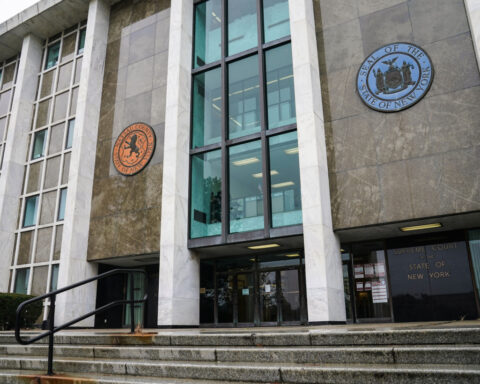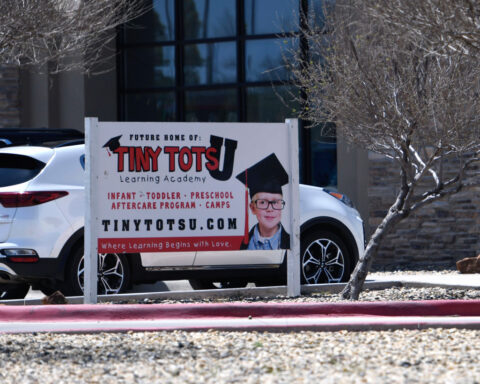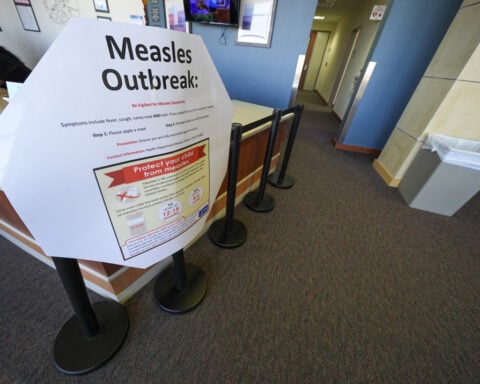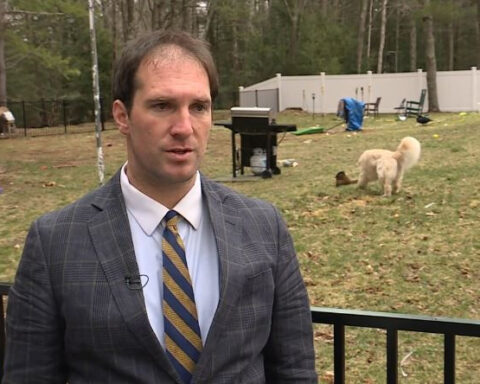A recent viral TikTok video has sparked outrage and raised concerns over the authenticity of some hotels' room service offerings. The video, posted by Elle McLemore, exposes how one upscale hotel tried to pass off a $3.79 frozen Trader Joe's meal as a $20 "Calming Cacio e Pepe Pasta with Truffle Oil" room service order.
This deceitful bait-and-switch signals broader issues around truth-in-marketing and transparency from hotels. It also speaks to the loss of trust between hospitality providers and increasingly savvy consumers in the social media age. Most disturbingly, it highlights how some hotels are flat-out lying to charge exorbitant rates for mediocre microwaved meals.
McLemore was surprised when her husband stumbled upon a fully stocked freezer brimming with Trader Joe's pre-packaged meals. This exposed the shocking reality behind the hotel's lofty claims of having a private chef and a "chef-driven" menu. The artful plating had initially fooled McLemore into thinking her cacao e pepe was freshly prepared, especially as the hotel's website boasted of "nourishing the body and soul" with "original artisan food."
Astoundingly, the hotel in question brazenly charged a jaw-dropping 650% markup for simply microwaving a basic frozen pasta dish. This profiteering through outright deception understandably angered many. One commenter fumed they "would've lost my mind" on discovering the hotel's duplicity. Others shared they felt robbed and cheated.
Worryingly, this fraudulent practice seems widespread rather than an isolated incident. Higher reported instances show hotels regularly disguise cheap, frozen pre-packaged meals as gourmet room service creations carrying premium price tags Travel review sites abound with outraged guests sharing similar horror stories after paying for mediocre dining experiences. One couple at a 4-star Marriott property was served defrosted Jimmy Dean breakfast sandwiches and soggy tater tots. Yet the hotel brazenly charged $25 per plate for this subpar fare, duping people into believing it was freshly prepared.
Another guest at the Hyatt Regency Denver got wise when his $19 "gourmet" burger, appetizingly pictured on the room service menu, arrived floppy and mushy. He soon discovered why – the freezer in the self-service guest lounge was stuffed with boxes of pre-made patties.
Likewise, undercover exposés on economy hotel chains often reveal a conspicuous lack of proper kitchen facilities. Most rooms just contain a microwave and mini-fridge at most. This intrinsically limits any on-site "fresh" food prep for room service meals, continental breakfasts, or happy hour snacks. It again confirms a hidden reliance on cheap frozen foods that get deceptively dressed up.
Problematically, these duplicitous hotels have fostered an enormous trust deficit among consumers. Over 4 in 5 people stated upfront transparency around food sourcing and prep was vital when selecting accommodation. Additionally, 89% said they felt actively "deceived" if room service failed to deliver on the menu's tantalizing descriptions versus lumpy realities.
Yet shockingly, a complete lack of legal obligations enables such widespread menu trickery in the hotel industry. Truth-in-menu regulations, like those of restaurants, currently don't apply. So hotels can and do grossly misrepresent food offerings without fear of fines or other sanctions. Until stronger consumer protections extend into hospitality, travelers must rely on vigilance and vocal reviews to shame deceitful operators.
Some critics may counter that room service has always carried outrageously marked-up prices, so guests shouldn't feel cheated. They argue travelers are paying primarily for the convenience of 24/7 assistance to their rooms. However, that argument only holds weight if hotels are upfront about dishes being frozen or prepared off-site.
The core issue is reasonable margins and minimal heating methods per se. Instead, it stems from hotels deliberately hoodwinking people via flowery menu prose declaring "executive chefs" and "locally sourced" ingredients when the reality screams the opposite. No reasonable guest expects haute cuisine at Motel 6 prices. But they do expect honest depictions of simple fare versus manipulated PR spin.]
In an era where transparency builds trust, hotels must adapt to evolving consumer demands around authenticity and honesty. Savvy modern travelers increasingly prioritize knowing where their food originates and how it's prepared over lavish appearances alone.
Hospitality providers thus need a total brand integrity overhaul focused on rebuilding guest trust lost through years of fraudulent food claims. Those ignoring shifting preferences for transparency around quality and service risk inevitable backlash when their real frozen food focus gets unwillingly exposed online. In sum, truth-in-marketing should be the only option moving forward.

 Trump has begun another trade war. Here's a timeline of how we got here
Trump has begun another trade war. Here's a timeline of how we got here
 Canada's leader laments lost friendship with US in town that sheltered stranded Americans after 9/11
Canada's leader laments lost friendship with US in town that sheltered stranded Americans after 9/11
 Chinese EV giant BYD's fourth-quarter profit leaps 73%
Chinese EV giant BYD's fourth-quarter profit leaps 73%
 You're an American in another land? Prepare to talk about the why and how of Trump 2.0
You're an American in another land? Prepare to talk about the why and how of Trump 2.0
 Chalk talk: Star power, top teams and No. 5 seeds headline the women's March Madness Sweet 16
Chalk talk: Star power, top teams and No. 5 seeds headline the women's March Madness Sweet 16
 Purdue returns to Sweet 16 with 76-62 win over McNeese in March Madness
Purdue returns to Sweet 16 with 76-62 win over McNeese in March Madness








